Trek, State and Specialized raise bike prices while other brands limit US releases — Is this just the beginning?
As tariffs hit, the bike industry is forced to adapt, whether through price increases, limited releases, or a restructuring of supply chains


If there was one word on the lips of every brand representative at this month’s Sea Otter Classic, North America’s largest cycling expo, it was 'tariffs'.
Under U.S. President Donald Trump’s newly announced “Liberation Day” tariffs, all countries now face a 10% baseline tariff on imports. But goods from China and Taiwan—home to the vast majority of global bike manufacturing— are being hit hardest. China now faces a total import tariff of up to 54% and Taiwan’s imports face a similar 52% in total duties.
The consequences of these tariffs are already beginning to ripple through the bike industry, and some of the biggest names in bikes are among the first to respond with price hikes. For consumers, it’s a sign of what’s likely to come: more expensive bikes, fewer choices, and shrinking margins for both retailers and riders.
Trek and Specialized Inform Retailers of Price Hikes
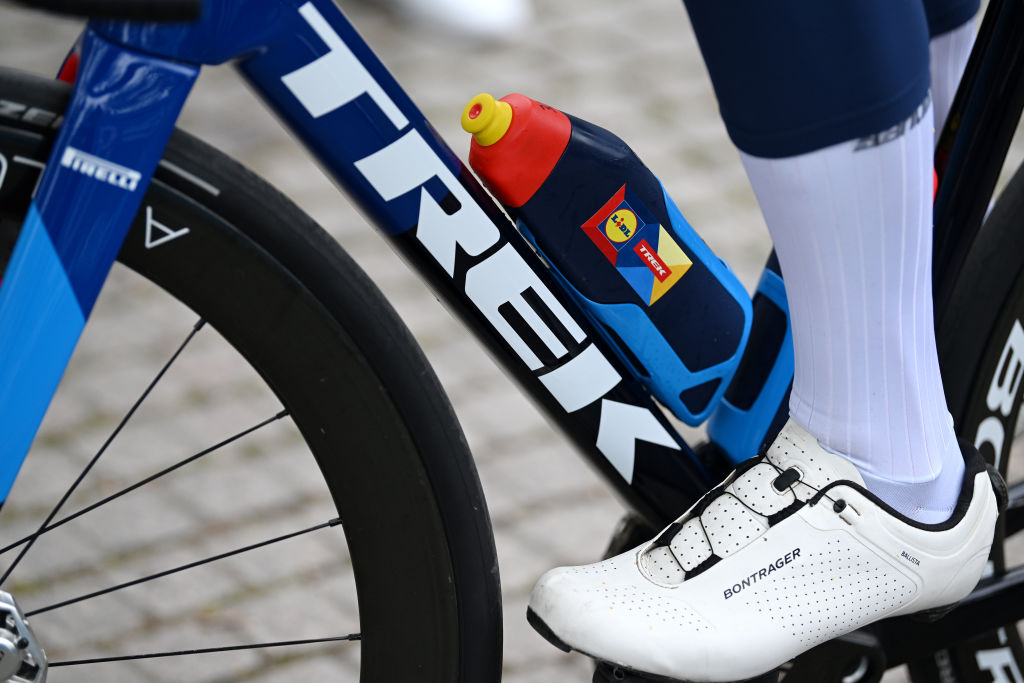
Last week, industry leaders Trek and Specialized notified their networks of upcoming price changes as they brace for the choppy waters of the U.S.-China trade war.
On Thursday, Trek notified its retailers of immediate price increases across “most” of its product lineup — including backordered items and Electra-branded bikes. That means even bikes that have already been ordered but not yet delivered will carry higher price tags.
According to an email obtained by Bicycle Retailer, Trek said that costs have reached a level that "needs to be addressed" and that including backorders in the hike was a way to avoid a "run on the bank" as dealers rush to secure pre-tariff inventory. Trek, which manufactures bikes in Germany, China and Taiwan, stated it is trying to minimise the increase on entry-level models to keep cycling accessible.
Specialized, meanwhile, is taking a more transparent and blanket approach. Instead of quietly folding tariff-related costs into retail pricing, the brand will introduce a separate 10% “tariff surcharge” as a line item on business-to-business (B2B) invoices starting May 1.
Get The Leadout Newsletter
The latest race content, interviews, features, reviews and expert buying guides, direct to your inbox!
Consumers shopping online will also see the surcharge clearly itemised at checkout. Specialized says this method gives the company more pricing flexibility while helping riders understand exactly where their money is going. The surcharge will first appear on sales of the newly released Turbo Levo 4 electric mountain bike, with potential expansion to other products in the near future.
Trek and Specialized aren’t the first to react with price increases. Back in March, State Bicycle Co. was quick to respond to the changing tariff policies. The Arizona-based brand, known for its wallet-friendly bikes and accessories, manufactures all its products in China and Taiwan, leaving it vulnerable to the full force of the tariffs.
“We’ve been paying, and absorbing,” the company wrote. “We’re talking about raising prices around 5% because unlike some companies we actually feel bad when we have to charge more. Not getting political, just stating facts. We’re raising prices.. Thank the trade war and tariffs.”
Boutique children’s bike manufacturer, Early Rider, also raised its prices in March, citing the same reasons: rising tariffs and logistics costs.
“We’ve held off as long as we can, but rising tariffs and logistics costs have caught up with us. We have to adjust our prices to keep building no-compromise bikes and offering top-tier support,” Early Rider shared in a statement.
Limiting US releases
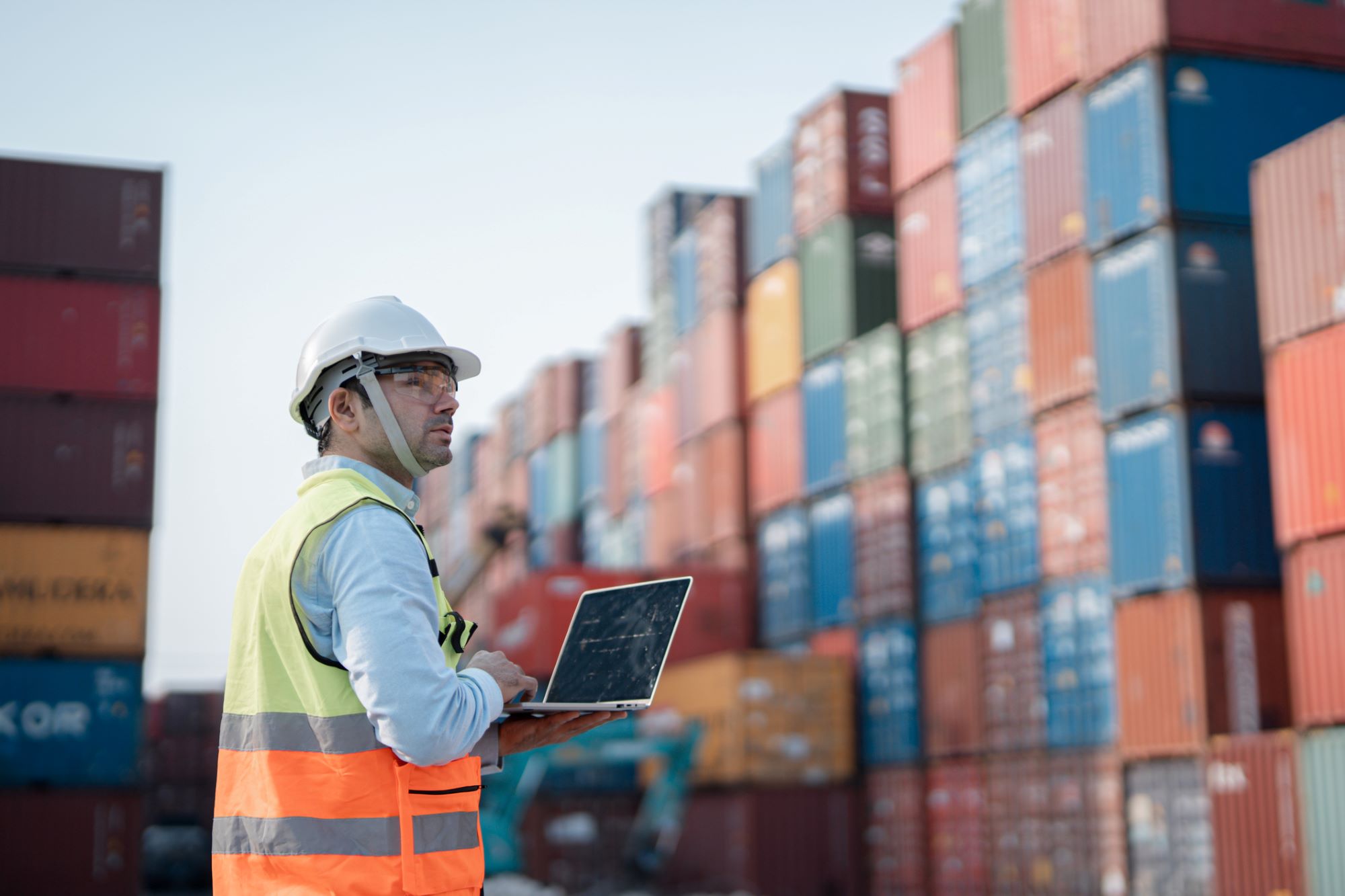
While big companies like Trek and Specialized may be able to weather the storm with a 10% price increase, smaller companies may not be so lucky. Cycling Weekly is hearing from brands who are taking a different approach: scaling back U.S. distribution or even exiting the market for certain products or price points. For these brands, the math simply doesn’t add up under the new tariffs.
A few industry representatives told Cycling Weekly that they’re opting for limited releases—or not releasing certain models at all—because the added cost makes them unsellable in the U.S. market.
When a company in the U.S. imports a bicycle or bike part from abroad, it must pay the tariff upfront when the product arrives at the border. That cost is then passed along the supply chain, often ultimately affecting the consumer.
"Most people think of the tariff as a 'shipping fee' — it's not," one brand representative lamented.
As of April 2025, the U.S. has reinstated and expanded tariffs on many Chinese-made goods under the Trump administration’s “Liberation Day” policy. Bicycles and components from China already carried a 25% Section 301 tariff imposed during Trump’s first term. Under the new policy, an additional 10% blanket tariff is applied, bringing the total tariff to 35% on most Chinese bike imports.
In addition to these tariffs, bicycles and frames are subject to a standard import duty of 11% to 14%, depending on the product type and classification. When you add the 35% tariff and the standard import duties together, the total tax on a Chinese-made bike can now reach 49% or higher.
For example, say a bike costs $500 to import from China. The 35% tariff adds $175, the 14% duties and fees tack on another $70 so that $500 bike now costs $745. This is before it even gets to a warehouse or retailer—and does not include freight, storage, labour or marketing costs.
These inflated costs make importing lower-priced items or smaller brand names into the U.S. unfeasible.
“Anyone whose majority product comes from overseas will be forced to shut down shop very shortly if it doesn't change,” a brand rep said.
Between the political turmoil and ever-changing trade policies, there is considerable uncertainty. However, these initial responses from the bike industry signal that the industry is being forced to adapt, whether through price increases, limited releases, or a total restructuring of supply chains.
Whether this tariff wave leads to renewed domestic manufacturing, lasting price inflation, or a shakeup in the brands and products available on U.S. shelves remains to be seen. But the industry is certainly in motion.

Thank you for reading 20 articles this month* Join now for unlimited access
Enjoy your first month for just £1 / $1 / €1
*Read 5 free articles per month without a subscription

Join now for unlimited access
Try first month for just £1 / $1 / €1

Cycling Weekly's North American Editor, Anne-Marije Rook is old school. She holds a degree in journalism and started out as a newspaper reporter — in print! She can even be seen bringing a pen and notepad to the press conference.
Originally from the Netherlands, she grew up a bike commuter and didn't find bike racing until her early twenties when living in Seattle, Washington. Strengthened by the many miles spent darting around Seattle's hilly streets on a steel single speed, Rook's progression in the sport was a quick one. As she competed at the elite level, her journalism career followed, and soon, she became a full-time cycling journalist. She's now been a journalist for two decades, including 12 years in cycling.
You must confirm your public display name before commenting
Please logout and then login again, you will then be prompted to enter your display name.
-
 'It's a shame it had to end like this' - Giro d'Italia stage 6 finale affected by protestors
'It's a shame it had to end like this' - Giro d'Italia stage 6 finale affected by protestorsBreakaway of Taco van der Hoorn and Enzo Paleni was held up by two protestors in Naples
-
 Kaden Groves wins crash-marred Giro d’Italia stage 6 in Naples
Kaden Groves wins crash-marred Giro d’Italia stage 6 in NaplesAustralian comes out on top in bunch sprint after chaotic day in Italy
-
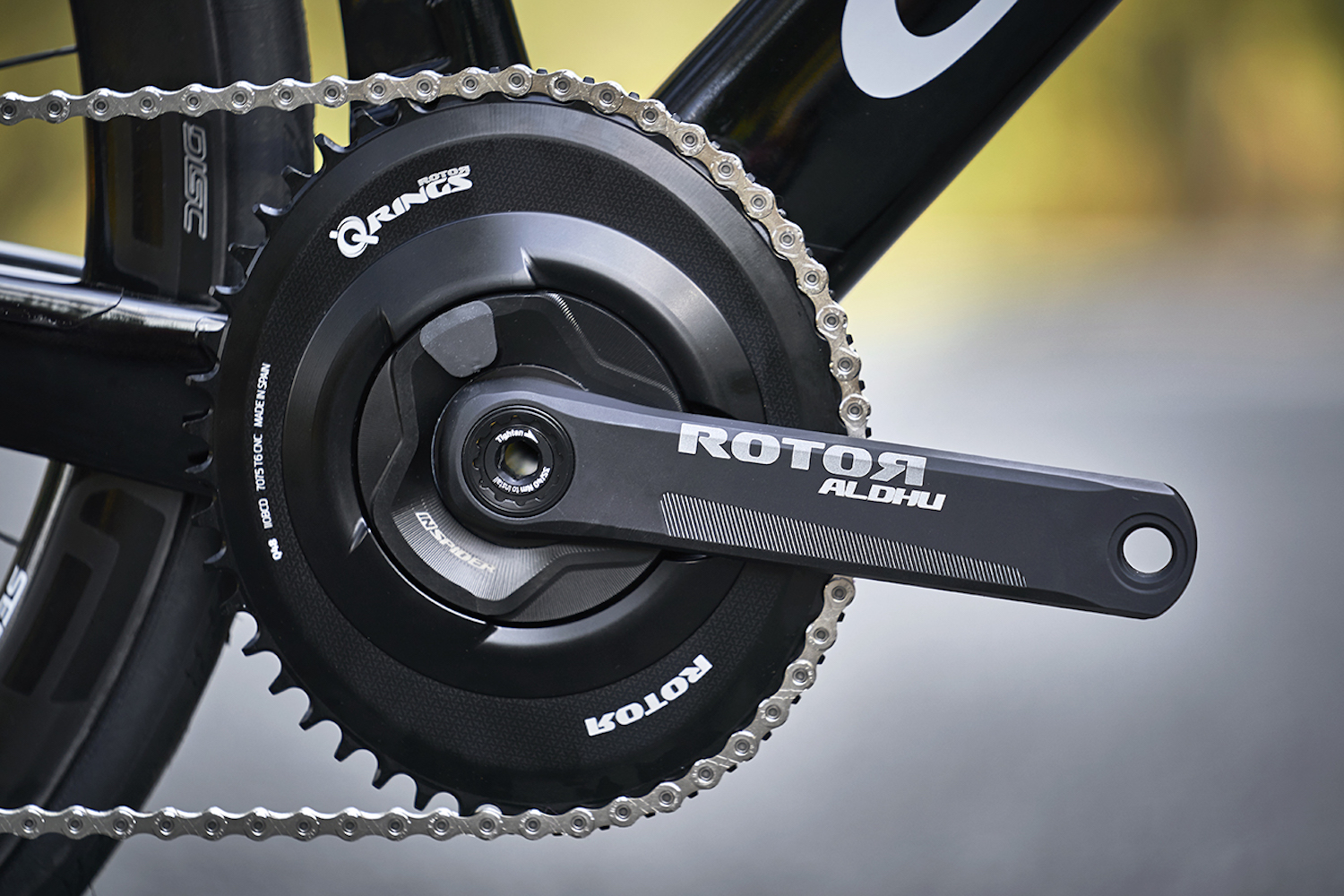 Tariff insecurities lead Rotor to close its American office
Tariff insecurities lead Rotor to close its American officeSpanish cycling brand to shut down its US office after nearly a decade, citing changing trade policies
-
 Positive signs for UK bike industry as Halfords cycling sales grow
Positive signs for UK bike industry as Halfords cycling sales growRetailer admits that the impact of Donald Trump's tariffs remains to be seen
-
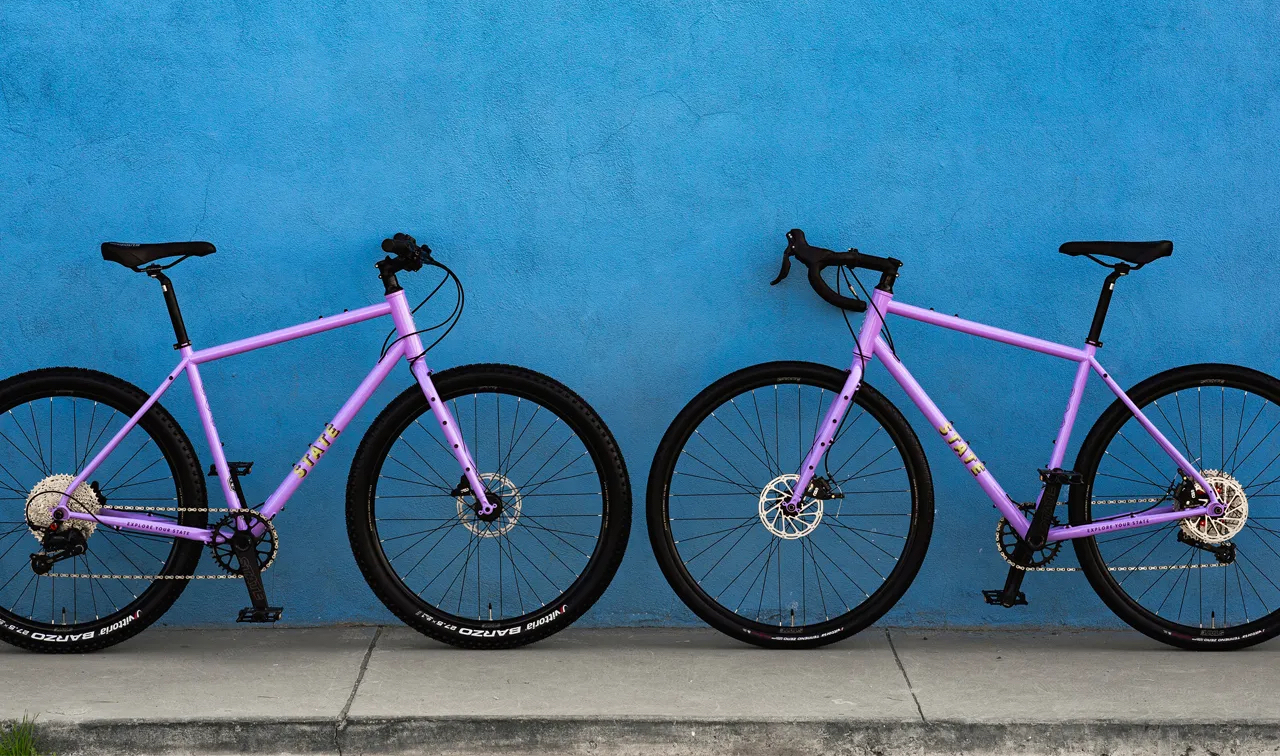 'If you want a more affordable bike - now's the chance' - US bike makers warn of price hikes after tariffs take effect
'If you want a more affordable bike - now's the chance' - US bike makers warn of price hikes after tariffs take effectCycling industry consumers set to bear burden of Trump’s tariffs in the US
-
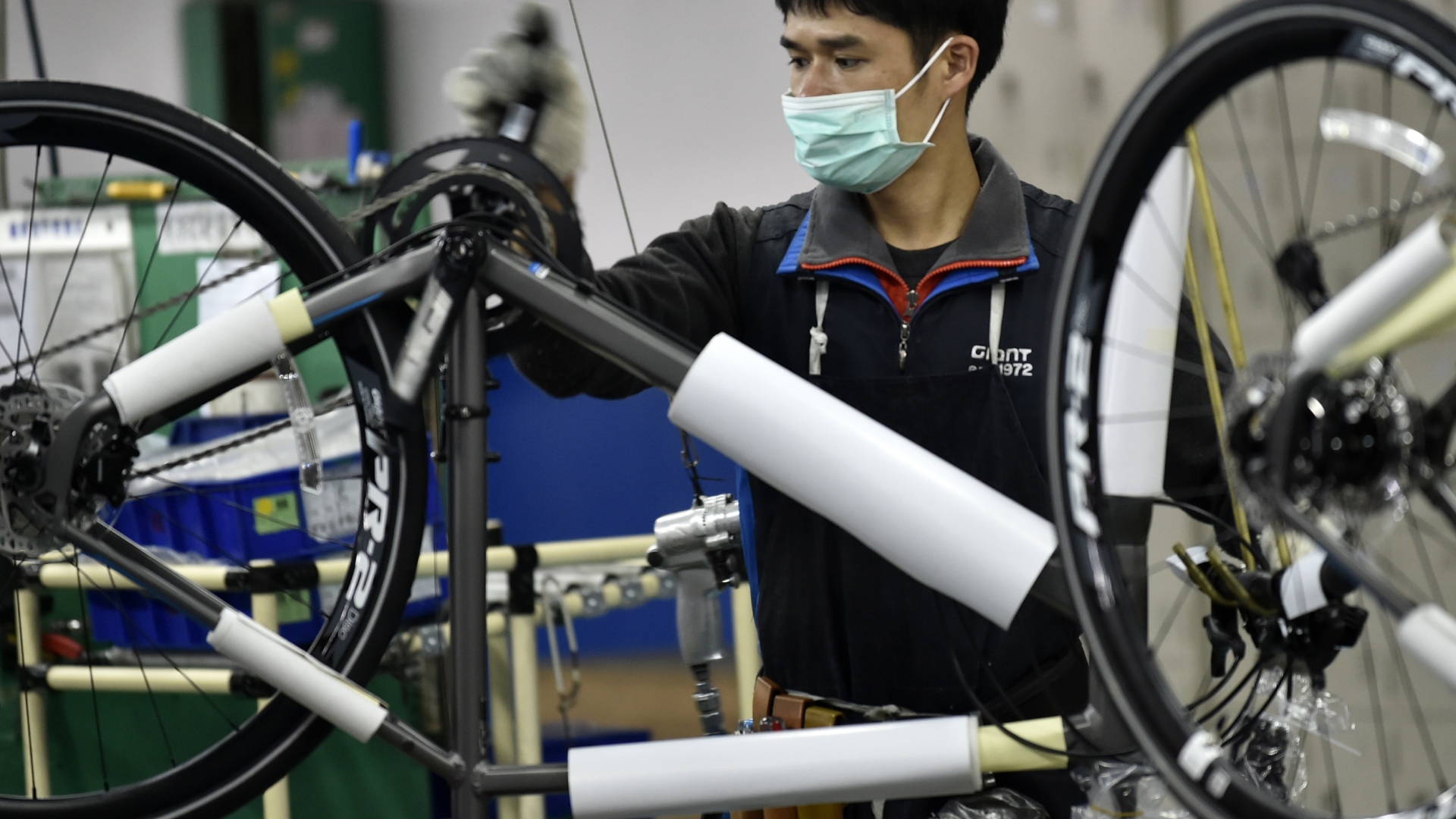 'This will ultimately price out certain consumers and hurt demand' - bike companies react to new steel and aluminium tariffs
'This will ultimately price out certain consumers and hurt demand' - bike companies react to new steel and aluminium tariffsThe US bike industry could be facing a new set of economic challenges as Trump hikes up import taxes